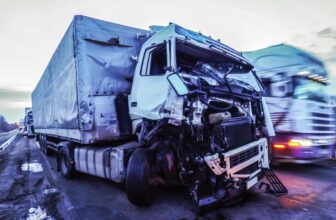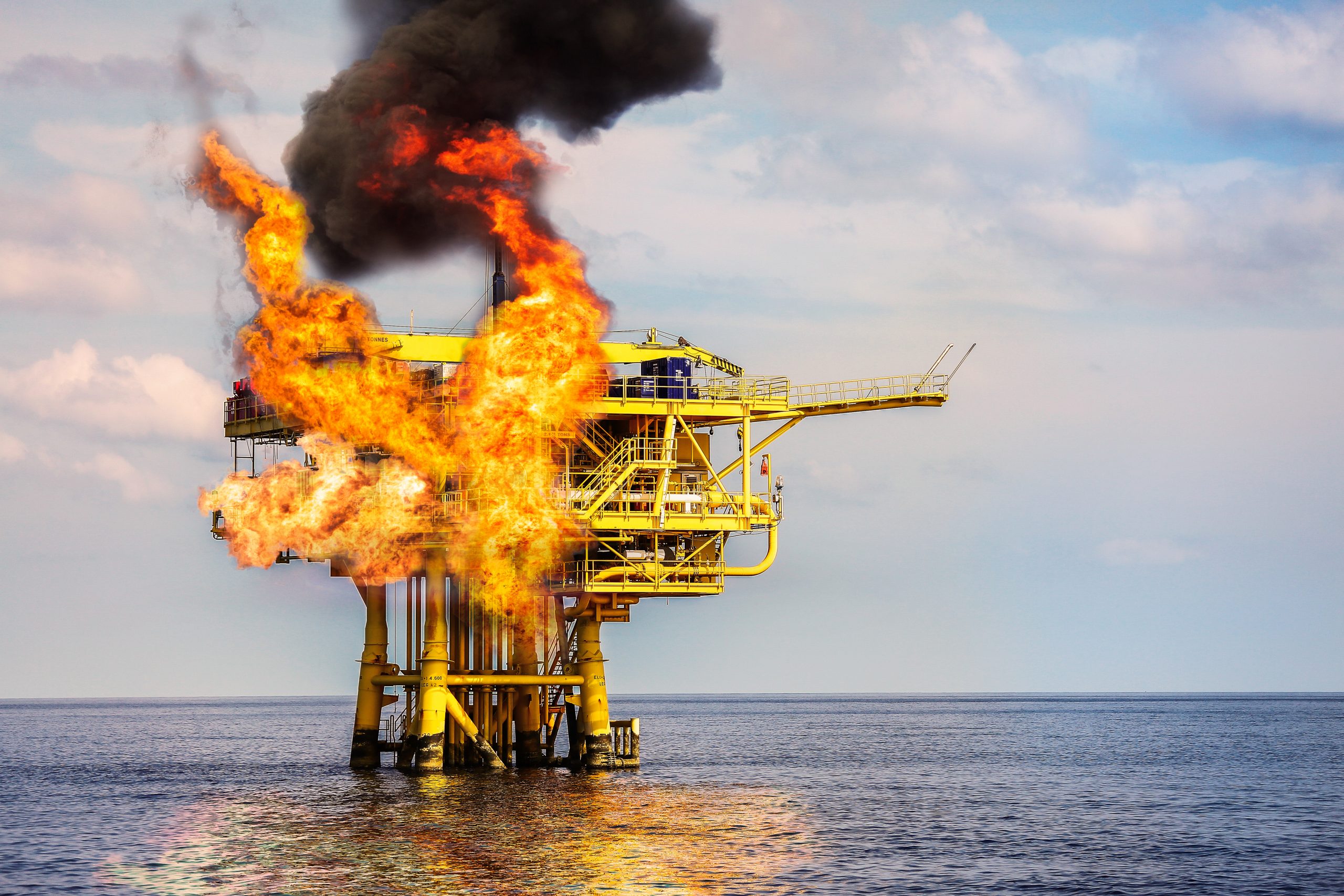
Working at an offshore oil platform can be incredibly dangerous – it requires serious skills and training. It’s a big industry that employs millions of workers every year, which makes work-related accidents extremely common.
Some of those can have catastrophic consequences, but they can all be avoided by applying proper preventative measures.
In this article, we’ll discuss this topic in detail to answer all of your questions and concerns in regards to it, so keep on reading to learn more.
Without any further ado, let’s get to the bottom of it.
Table of Contents
Transportation accidents
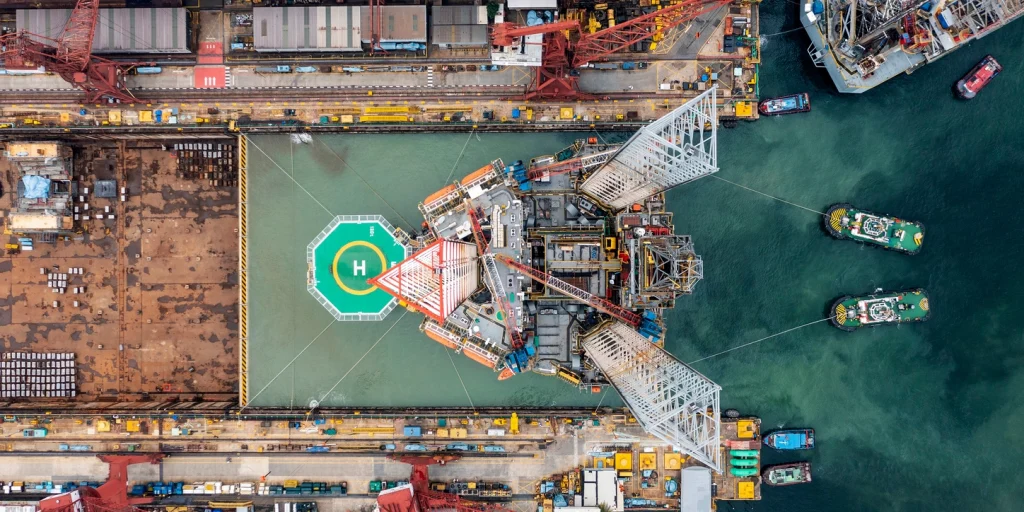
Source: morrowsheppard.com
Offshore oil workers rely on various types of transportation including helicopters and boats to safely get to the rigs. Unfortunately, it’s where the majority of work-related accidents happen. This is mostly due to mechanical errors and poor maintenance protocols on the vehicles themselves. It’s something that can be prevented by imposing stricter measures on technical maintenance and everything related to those processes.
Helicopter rides are dangerous as it is, but if there’s no regular maintenance and technical inspections of the equipment in question, they can become deadly. The same logic can be applied to boat rides and other means of transport used by offshore oil and gas workers on a daily basis. It’s one of the factors that makes this field so dangerous – among other things.
Explosions and fires
Although not as common as many people believe it to be, fires and explosions do happen at offshore oil platforms. Oil and gas are extremely reactive substances, so any type of mishandling could lead to a disaster.
The leading cause of fires and explosions at oil rigs is negligence – either from the workers themselves, or their employers. It’s why continuous training and improvement of safety protocols are of the utmost importance.
Even the smallest fire has the potential to turn into a deadly explosion, which is something that has to be avoided at all costs.
Faulty equipment
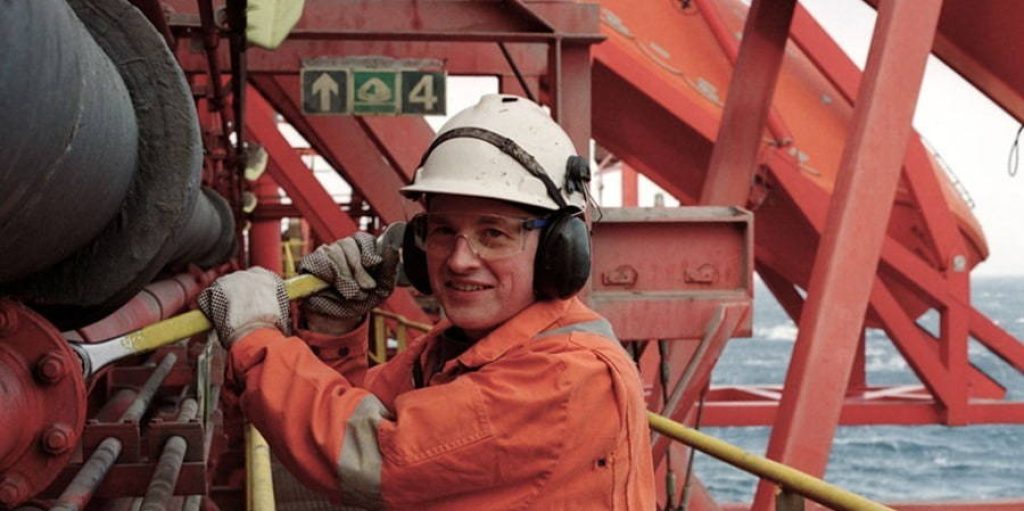
Source: nesfircroft.com
The equipment used at oil rigs is quite delicate and should be handled by trained professionals only. Malfunctions can still happen, but the workers using the equipment should be able to identify the issue and resolve it as quickly as possible. Otherwise, they could get injured or worse.
Besides that, as noted at www.ittutoria.net, all key devices on the platform should be interconnected, as many different parts of the oil rig operation depend on each other.
Either way, technical malfunctions are one of the most common causes of work-related accidents at oil and gas platforms.
Slips and falls
Oil platform workers need to be equipped with the necessary protective gear in order to stay safe from potential trips and falls. Unfortunately, sometimes their equipment fails, which can lead to injury at work.
All of this can be prevented by frequent inspections of the equipment in question, and proper training of the employees working at the rig. Again, these accidents have the potential to turn deadly in extreme circumstances, which is why early prevention is so important.
Hazardous materials
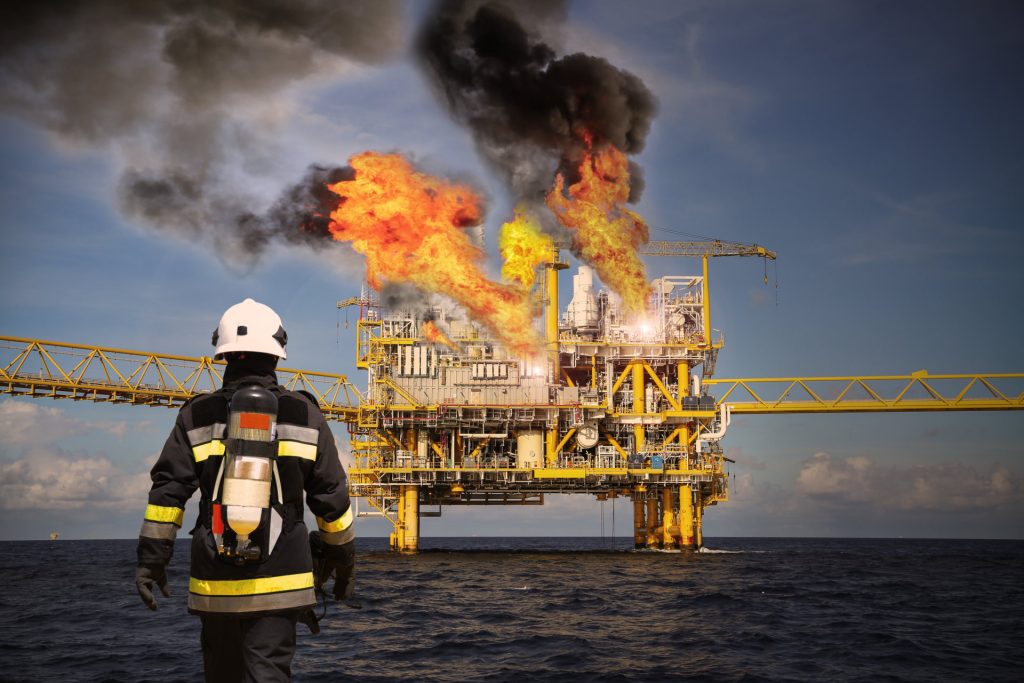
Source: maintenanceandcure.com
Oil rig employees are exposed to many toxic particles and materials – if they’re not equipped to deal with it, their health could be at risk. This especially goes after prolonged exposure, as it can lead to the development of various chronic diseases, many of which could be deadly.
To prevent this from happening, oil rig workers should be equipped with the proper gear, especially when they’re in frequent contact with the hazardous materials we’ve mentioned above. Again, negligence and insufficient safety measures are the main cause of all oil platform accidents and malfunctions – all oil companies should be aware of that fact.
Insufficient employee training
All oil rig workers should undergo rigorous training and education before they start working at an oil platform. As we’ve mentioned before, it’s a dangerous job that shouldn’t be done by just anyone – experience, skills, and proper training are all a must.
Employers have a responsibility to prepare their employees for the working conditions present at the rig, especially when it comes to handling equipment and respecting safety measures. Otherwise, it could all lead to serious injuries and even death – something that’s completely avoidable and preventable.
Natural disasters.
Storms, powerful waves, and fierce winds are all safety hazards for people working at offshore oil rigs and gas platforms. While natural occurrences such as those are out of our hands and difficult to predict, there are still ways companies can protect their employees from a potential catastrophe. The weather should be monitored by professionals at all times, and proper safety protocols should be imposed and adhered to by all employees.
As we’ve already mentioned, strong winds and waves can cause explosions and cause harm to people working on oil and gas platforms. It’s one of the most unpredictable, yet quite common causes for tragic incidents happening in these environments. Oil companies should work on improving their safety protocols with these types of potential disasters in mind.
Manufacturing flaws
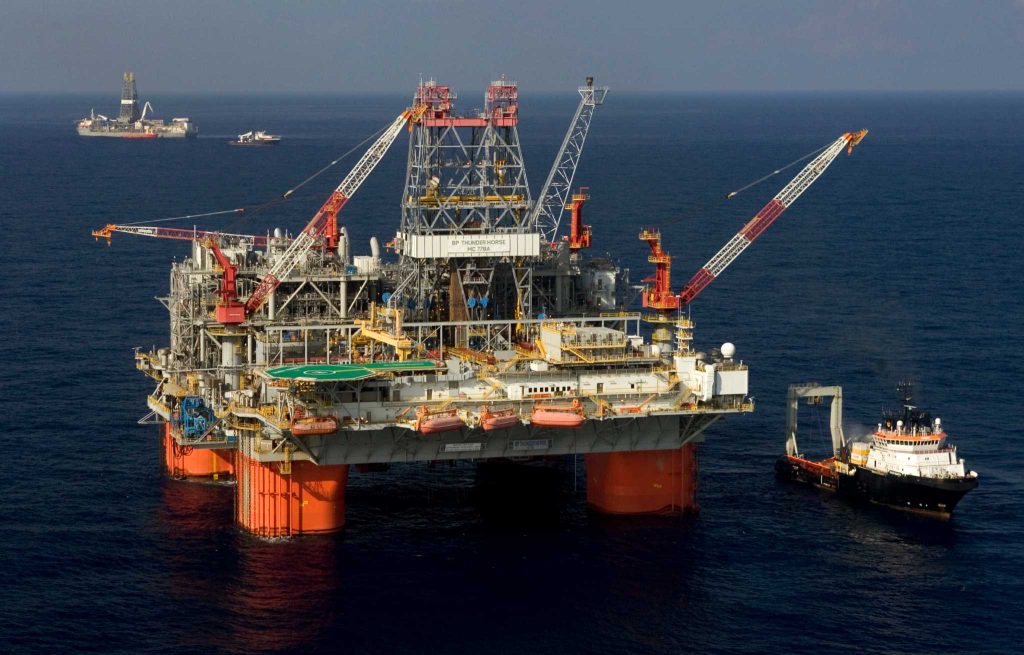
Source: houstonchronicle.com
Companies should be careful when choosing their suppliers, and every piece of equipment should be inspected carefully before it’s utilized at the rig. Manufacturing flaws are quite common and can lead to disasters if not identified as soon as possible. Even if the workers are well trained in using the equipment, if it’s not working properly, it can lead to injuries quite quickly.
Overall, flawed safety equipment and devices used in regular oil rig operations are a serious safety hazard that should be identified sooner rather than later.
The bottom line
All in all, working at offshore oil platforms can be quite dangerous – there are many reasons behind that fact. In most cases, it is due to negligence, faulty equipment, and insufficient safety protocols. Oil companies should keep on working to create a safe working environment for everyone present at the rig, especially as the industry keeps on growing larger.
We hope our article helped you understand the topic in question a bit better and we wish you the best of luck in all of your future endeavors.



